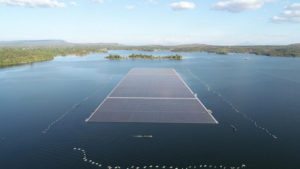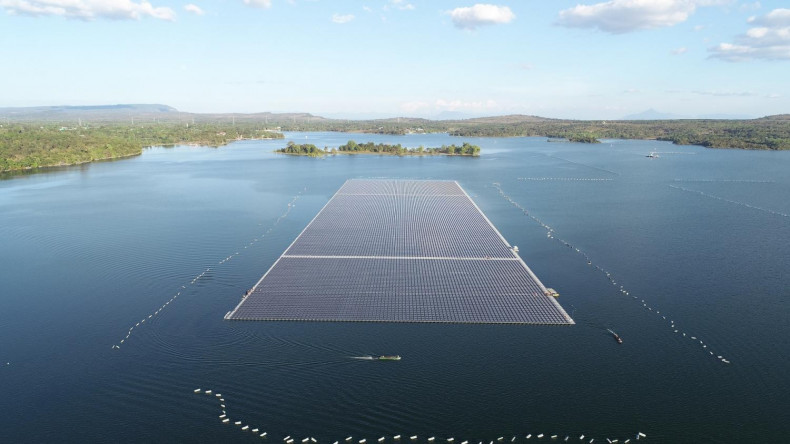
Thailand’s new power plan nears completion
The new power development plan (PDP), which will focus more on renewable energy, is expected to be finalised after many delays by the second quarter, according to the Energy Ministry.
The new PDP, which includes power generation and distribution plans, replaces the current one that took effect in 2018, following many revisions to align with changes in energy policy.
The new version is scheduled to be used between 2024 and 2037.
Efforts to introduce the new PDP were earlier delayed by the pandemic, a surge in global energy prices and Thailand’s new commitment to cutting carbon dioxide (CO2) emissions.
Prasert Sinsukprasert, the permanent energy secretary, expects a public hearing on the new PDP to be held between the end of this month and early March.
People in Bangkok and other major cities will be asked to participate in the event, said Mr Prasert.
He said the authorities want the power sector to use more renewable fuels. The current PDP set a target for renewable energy use to account for 30% of total power generation.
The government announced a commitment to achieve carbon neutrality, a balance between CO2 emissions and absorption, by 2050 and a net-zero target, a balance between greenhouse gas emissions and absorption, by 2065.
Greenhouse gases emitted by Thailand amount to 350 million tonnes of CO2 equivalent per day. The volume is expected to peak in 2025 as the country steps up efforts to implement new energy management plans.
The PDP is part of the larger national energy plan (NEP), which entails alternative energy development, energy efficiency, oil and gas.
Officials are also working on the NEP, which aims to have renewables make up around 50% of fuels used for power generation by 2037.
Also included in the NEP are plans to use hydrogen fuel and small modular reactors, referring to nuclear reactors with a power capacity of up to 300 megawatts per unit.
Some companies in Thailand are interested in piloting the use of hydrogen energy.
Electricity Generating Plc, the power generation arm of Electricity Generating Authority of Thailand (Egat), recently announced it is working with Thailand Post Co and Bangkok Industrial Gas on a project to use hydrogen-powered trucks in the logistics business.
The trucks, fuelled by grey hydrogen made from natural gas, are expected to deliver parcels and postal items in the eastern province of Rayong.
Egat is promoting renewable energy with a nationwide project for 15 floating solar farms with a combined capacity of 2,750MW.
The first floating solar farm is at Sirindhorn Dam in Ubon Ratchathani, with a capacity of 45MW. This solar farm commenced operations in 2021.
Source: https://www.bangkokpost.com/business/general/2743686/new-power-plan-nears-completion


